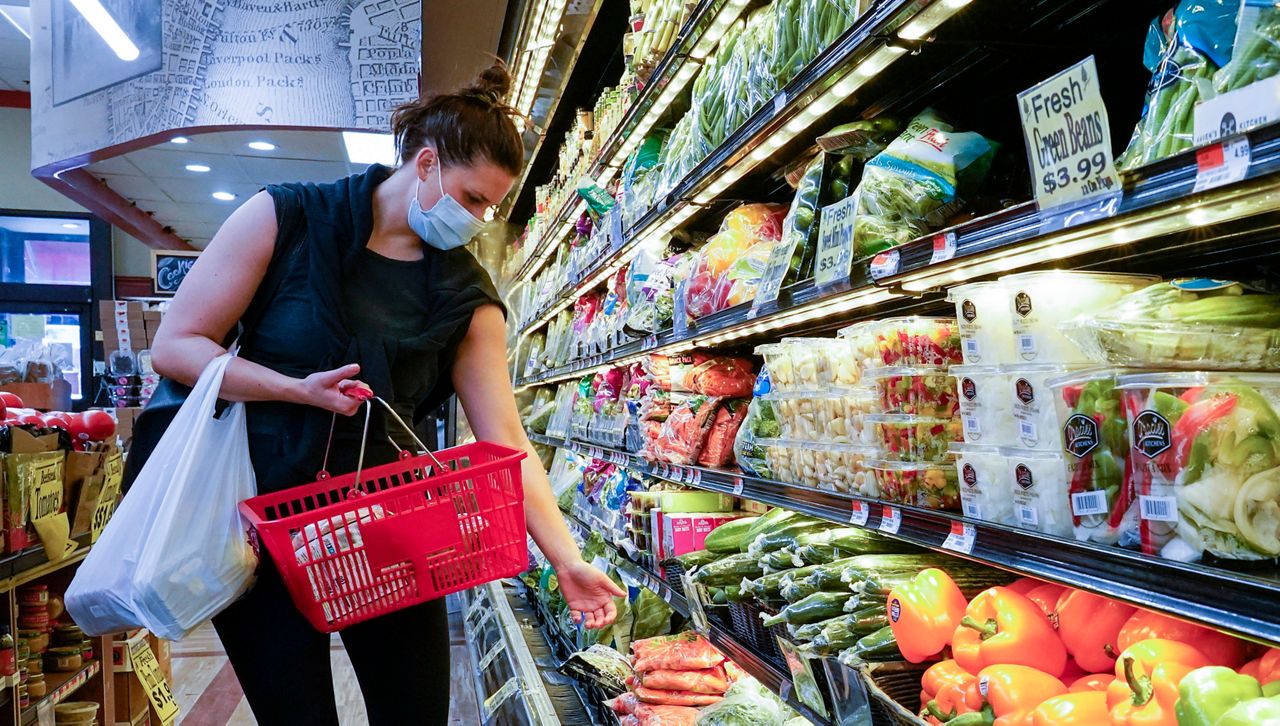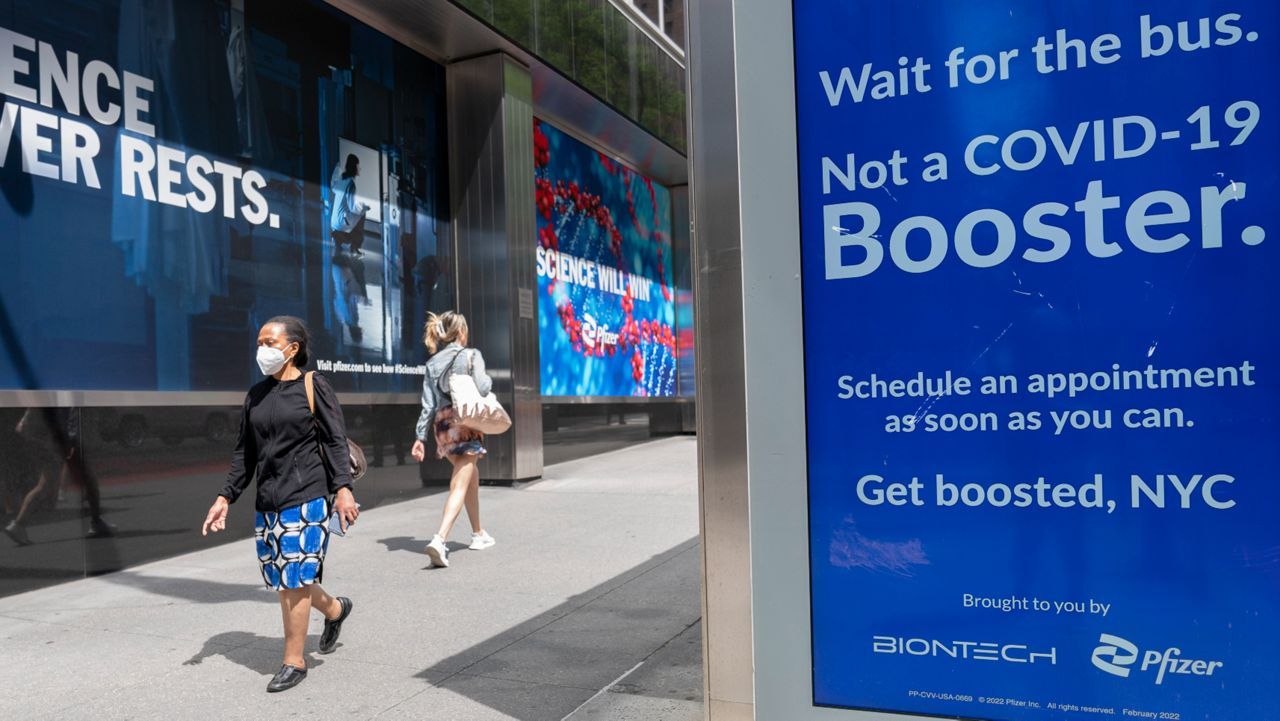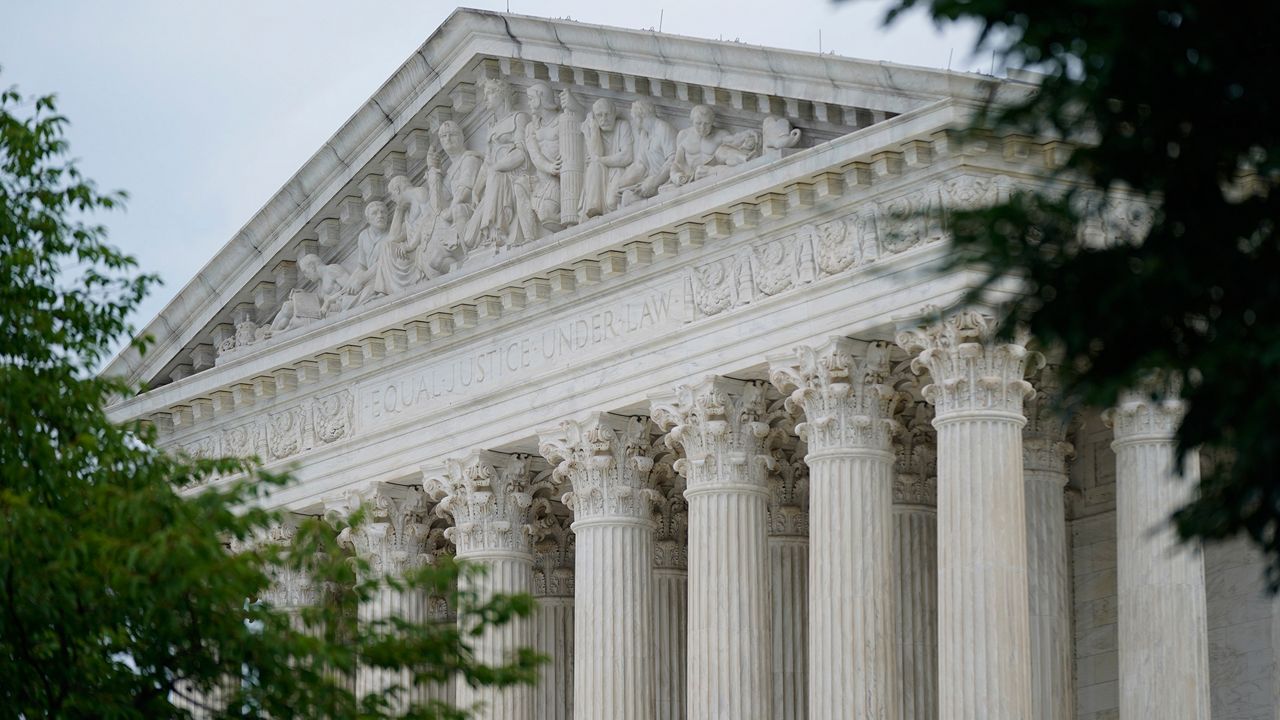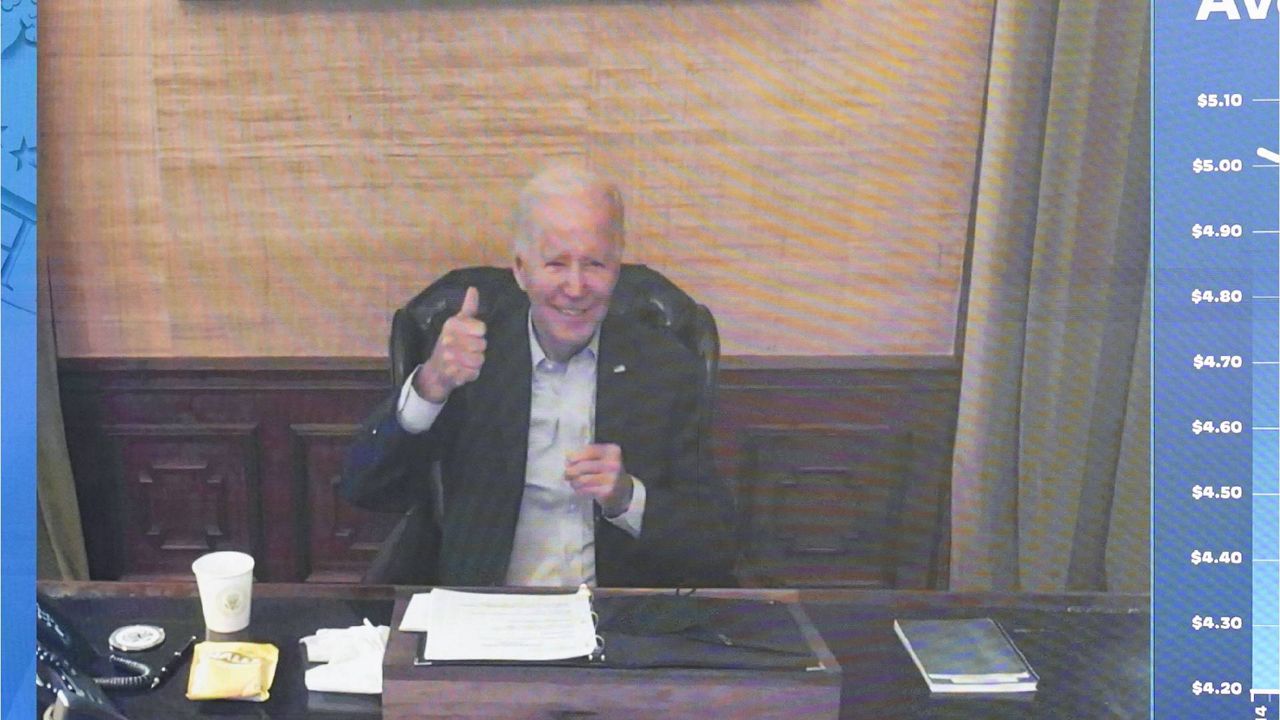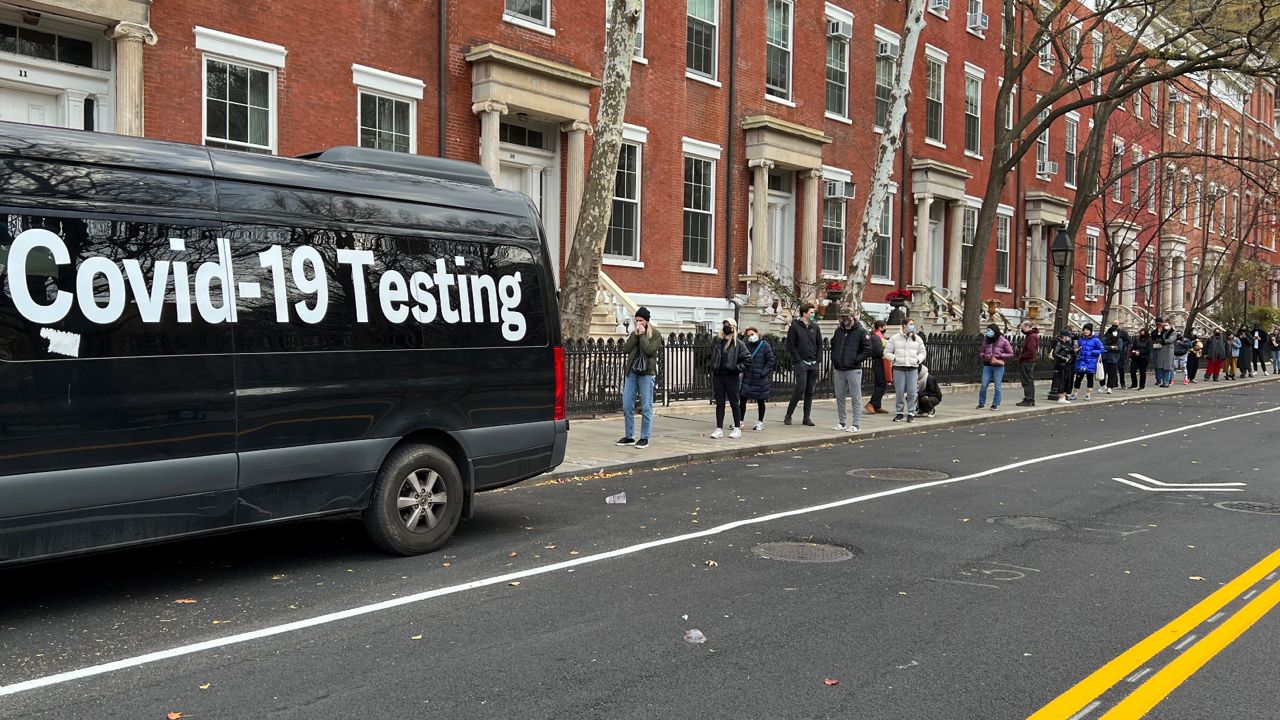In New York City, life appears to be headed back to normal. Sidewalks are filling up with maskless pedestrians, restaurants are expanding indoor dining and stadiums can now seat whole sections at full capacity with vaccinated fans.
Many changes are going into effect May 19, under planned rule changes put forth by Gov. Andrew Cuomo shortly after Mayor Bill de Blasio announced his plan to fully reopen the city on July 1.
In the space of a few weeks, new federal mask-wearing guidance and state reopening plans have led to dramatically loosened restrictions on public life in the pandemic. The changes have drawn criticism for being overly ambitious and permissive, and have left many New Yorkers unsure of how cautious they should be in different settings.
Even some top health experts are diverging from the federal guidance, saying they’ll continue wearing masks in most settings.
Here are a few questions, and answers, about what government health experts and other public health professionals are saying about how to keep yourself safe as the city settles into the most relaxed COVID-19 rules since the pandemic started.
I’m vaccinated. When should I wear a mask?
The consensus from the Centers for Disease Control and Prevention and health experts is: Outside, wear a mask when in crowded public areas. Indoors, err on the side of wearing a mask.
The CDC recently relaxed its nationwide guidance for mask-wearing, saying that vaccinated people do not need to wear masks outside or in most indoor settings. However, in many congregate settings, such as schools, hospitals, public transit and on planes, as well as in crowded places like stadiums, you should mask up, according to the CDC.
The new guidance states that small groups of vaccinated people can interact indoors without masks or social distancing.
New York State will formally adopt the CDC’s guidelines as of May 19.
Health experts, however, continue to recommend mask-wearing in most indoor settings.
Dr. Dave Chokshi, New York City’s health commissioner, said at a news conference Tuesday that he does not wear his mask indoors when in the company of small groups of friends, family and co-workers who he knows are fully vaccinated. Around children who are unvaccinated, as well as adults who are unvaccinated or are not two weeks out from their final vaccine dose, Chokshi said he dons a mask.
“I’ll be keeping my mask on indoors in almost all senses,” Chokshi said. “Until even more people get vaccinated across New York City, it does make sense for us to keep up some of the norms that we've established around masking in indoor spaces.”
Five public health experts interviewed last week said that they would also continue wearing masks in most indoor settings, as well as in crowds outdoors. One — Robyn Gershon, a professor of public health at New York University — said that she is double-masking on public transit, despite being vaccinated, because there are still risks of getting COVID-19 for vaccinated people.
If I’m vaccinated, why do I need to continue wearing a mask at all?
Put simply: Continuing to wear a mask in public, health experts say, prevents another “wave” of the virus in the United States.
Some health experts were divided on whether the CDC’s new guidance has come too early in the recovery from the pandemic. Most indicators of the virus’ spread — positive test rates, hospitalizations and deaths — have continued to trend downward. But health experts say vaccination rates have stagnated, meaning we have not — and may never — reach herd immunity, which would prevent almost all spread of the virus.
They also point out that the vaccines are not bulletproof: Together they prevent severe cases of COVID-19 in more than 90% of cases, leaving about 10% of vaccinated people who can get COVID-19.
In a city like New York where large swaths of underserved neighborhoods remain unvaccinated, the risk is significant enough to warrant wearing a mask more often than not, even if you’re vaccinated, they said.
“Large numbers of people in indoor spaces without masks, that's premature,” said Dr. Stephanie Woolhandler, a professor of urban health at Hunter College. “From a strictly health point of view, if a patient asked me if I should go into a room with strangers without a mask, I would say absolutely not — that's the last thing you should do.”
Woolhandler and other health experts remain concerned about the threat of variants, such as B.1.617, which was first detected in India last October and which health officials have pointed to as a likely cause of India’s dire spike in COVID-19 deaths. Earlier this month, the World Health Organization dubbed B.1.617 a “variant of concern,” and it is now spreading quickly in the United Kingdom.
COVID-19 vaccines available in North America work well against variants already known to be circulating here, but it is not fully understood if they’re effective against the new variants emerging from India. A recent study suggested that Moderna and Pfizer vaccines may be useful against variants that were first detected in India.
Health experts say that the ability to recognize dangerous variants is improving. But with relaxed mask wearing, a new, more infectious variant could spread widely among unvaccinated people before U.S. researchers recognize it as a significant threat, said Eli Rosenberg, an associate professor of epidemiology and biostatistics at the University of Albany.
“We’ll always be behind the eight ball on figuring it out,” he said.
Health experts are cautiously optimistic, but are urging people to stay mentally prepared to redouble efforts, such as masking and social distancing, in case the pandemic takes another turn for the worse in New York.
I’m not vaccinated or a member of my family is not vaccinated. Can we drop the masks?
Children under age 12 are not yet eligible for the COVID-19 vaccine, and some immunocompromised people are foregoing the vaccine because of concerns for how their body will react to it.
If you are not vaccinated, or live with someone who is not, health experts recommend continuing to wear your mask in almost all settings. But if you are outdoors, and not in a crowd, you do not need your mask.
I’m vaccinated. Do I still need to get COVID-19 tests to do certain things?
In New York, certain activities, such as sporting events at indoor and outdoor arenas, require either a proof of vaccination or a recent negative test for COVID-19.
For domestic travel, vaccinated people do not need to get COVID-19 tests. The rules for international travel depend largely on your destination.
And by the way: Getting the vaccine will not make you test positive for the virus.
The rules for mask wearing at my school/workplace/grocery store are different. What do I do?
The CDC and state and city health authorities are urging New Yorkers to follow the rules of whatever business or institution they’re in. While some national retailers are already allowing people to go maskless in their stores, many will likely keep their mask rules in place.




